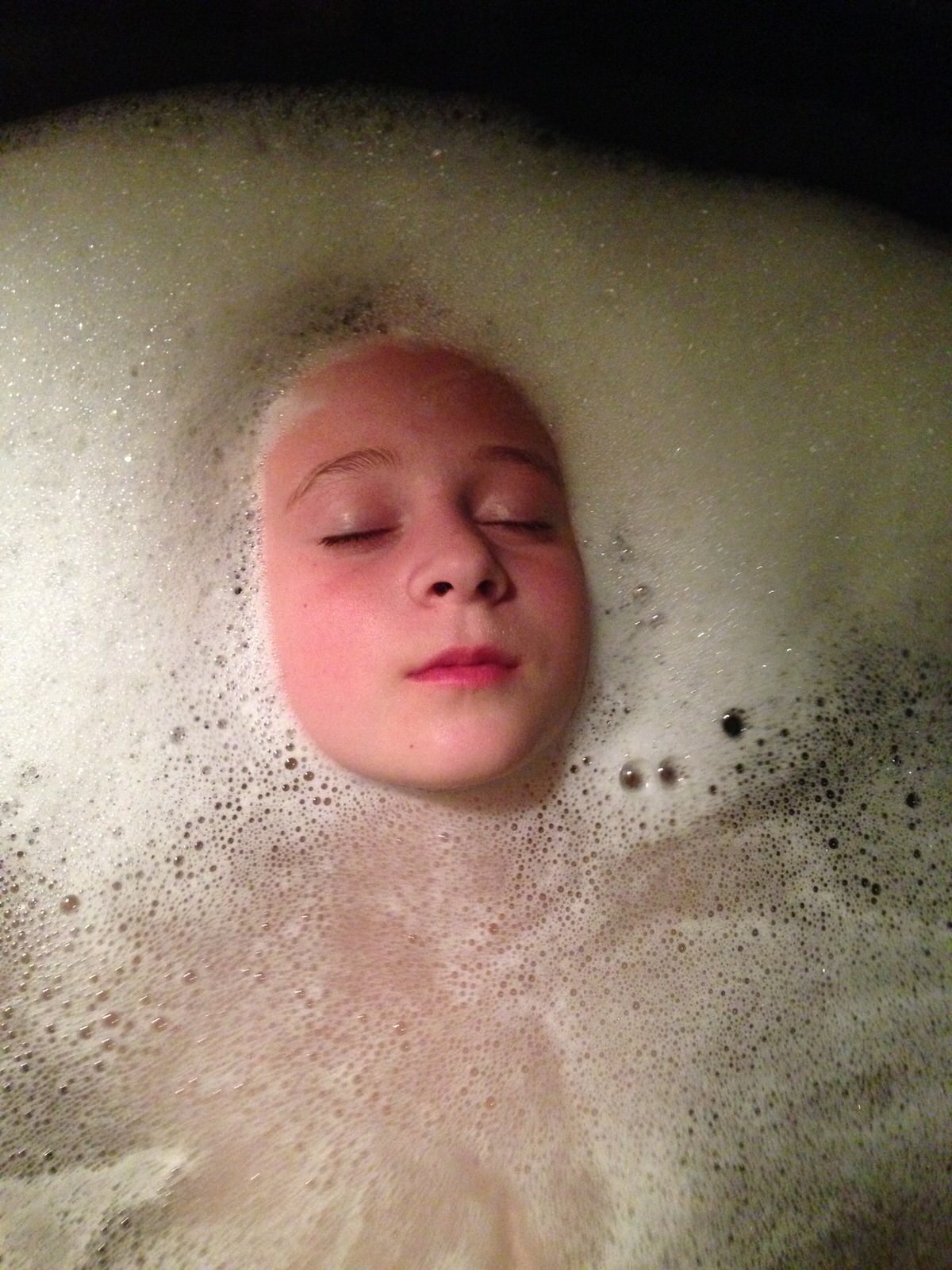The alarm goes off at 5:30 in the morning. You look out the window and it still seems like nighttime. You do your exercises, then your five-minute relaxation with music and lavender, shower, dress, and head to the subway in the dark. By the time the sun rises you’re already in seated in your office, sipping your coffee and reviewing your schedule for the day. You work until your lunchbreak at 12:30, and then you have a choice: You can “catch up” on work, staying at your desk while you eat, or you can consciously make the next 30 minutes enjoyable by going outside and exposing yourself to natural light.

If you choose the latter, your mind has just helped your brain stay healthy, seeking out light therapy to feel better. The brain is only an organ but the mind is the intellect, the entity that can make the right decisions to keep your body and emotions healthy. If you decided to stay at your desk, perhaps compromising your needs to please someone else, you’re “depressing” your health and possibly your mind as well. Exercise, relaxation, and going outside are all small habits, but these habits have a cumulative effect over time—they disrupt deterioration and aging—so why not look into your personal rituals?
We chose music as an element of our program because we understood the power of sound to elevate you, depress you, or pacify you. The human voice can function the same way—it can be soothing or irritating, depending on who’s speaking and what range they’re using. In the process of building our program, we studied music therapy and finally selected our piece after testing many on THB practitioners. Although New Age music was popular at the time, we experienced it as numbing, and it lacked the complexity and texture of classical, which was much better at grounding people in their bodies.

By using scent we can awaken another sense to help ground ourselves, so we studied aromatherapy too. At first, we were overwhelmed by the various options, but we settled on a choice that was the most universal in its positive effects on the body. Used by humans for over 2500 years, lavender calms the nervous system, eases fatigue, depression, stress and anxiety, improves sleep, lessens headaches, and has anti-inflammatory and antibacterial properties. The relaxation response it engenders helps lower cortisol.
There are other small practices and “therapies” that we can add to our daily routine that nurture our senses—smell, touch, sound, taste, and vision. These include water therapy, like warm or cold showers or baths; touch, including scrubs or massages; music; aromatherapy; natural light and walks in nature, or “forest bathing.” These are simple acts that require very little to perform—no machines, other people or real financial investment. Practicing these rituals creates an ambiance that can make you feel at home no matter where you are.
So, when you come home from work and you’re tired and it’s dark, instead of reaching out for that cookie or handful of chips, or pouring yourself a glass (or two) of wine, put on some beautiful music, light a candle, and run a lavender-scented bath. It will help you relax and release stress, indulging your senses while restoring your energy so you don’t need impulsive eating to feel better.

DEEPER CONTEMPLATION
Which daily practices are restoring your energy in a healthy manner and which are instant gratification that won’t serve you over time? Do you have your own secret remedies that help you ground yourself and indulge your senses? Here’s an experiment to try for one week: Substitute a healthy ritual for an instant gratification practice (for instance, instead of eating chips take a warm shower) and see what you notice. Do people around you sense a change too?
Leave your response below in the comments.



Beautiful article! Thank you!
Hi Christian,
I’m glad to hear you’ve enjoyed it. Sometimes it’s just a simple reminder, a little nudge in the right direction, and we are on the way to be well.
Aniela! I love this article! Yes… into our senses that are part of our navigation system; I’m too much in my head looking for every answer. Thank you:)
Ilona,
Yes, good description – navigation system. Once we become 24 hours adults – the responsible, the thoughtful, the worriers about the future, we lose the simplicity and curiosity of a child. And I feel that’s our mistake. Let’s leave some time during the day for being child like, run bare feet on the grass or walk in the rain without the umbrella. Whatever it is but something that makes us happy and playful. I guess we need to leave our intellect in the “closet” for a moment.
Aniela, this is a fabulous post. Great information and reminders about what’s important in life. Personally, riding one of my horses is the greatest therapy for me. It combines being outdoors, breathing the air, feeling the warmth of the sun, and doing something I love. Nothing makes me feel more relaxed. My life has taken a complete 180 from my days at Stanford. Time for me to repair all of the damage being in an extremely stressful and fast-paced environment for 30 years has done to my body and mind. Thank you for this post! Miss you!
Dear Robyn,
I’m so glad to hear you are taking care of yourself. It’s time. I agree about horses, and other pets, having healing effect on our nervous system. That’s why watching videos about animals, just for a few minutes puts us into a relaxed, good mood. Natalie loves horses, and of course I do too (Jerzy is a horse in Chinese Zodiac.)
Greetings to you and your beautiful family!
Aniela,
Thank you kindly for reminding us how simple the path to wellness and getting rid of stress can be. I literally hug a tree when forest bathing. I breathe deeply and synchronize with the rhythm of the earth.
Jim,
How nice to meet another tree hugger. Trees are very special to us, we feel them as beings. A couple of years ago we’ve lost one of the oaks on our property that was 250 years old. When talking about it we always referred to it as Grandpa Oak. Jerzy’s poetry book cover has its image painted by our daughter. And I agree that any time outside and in nature is nurturing.